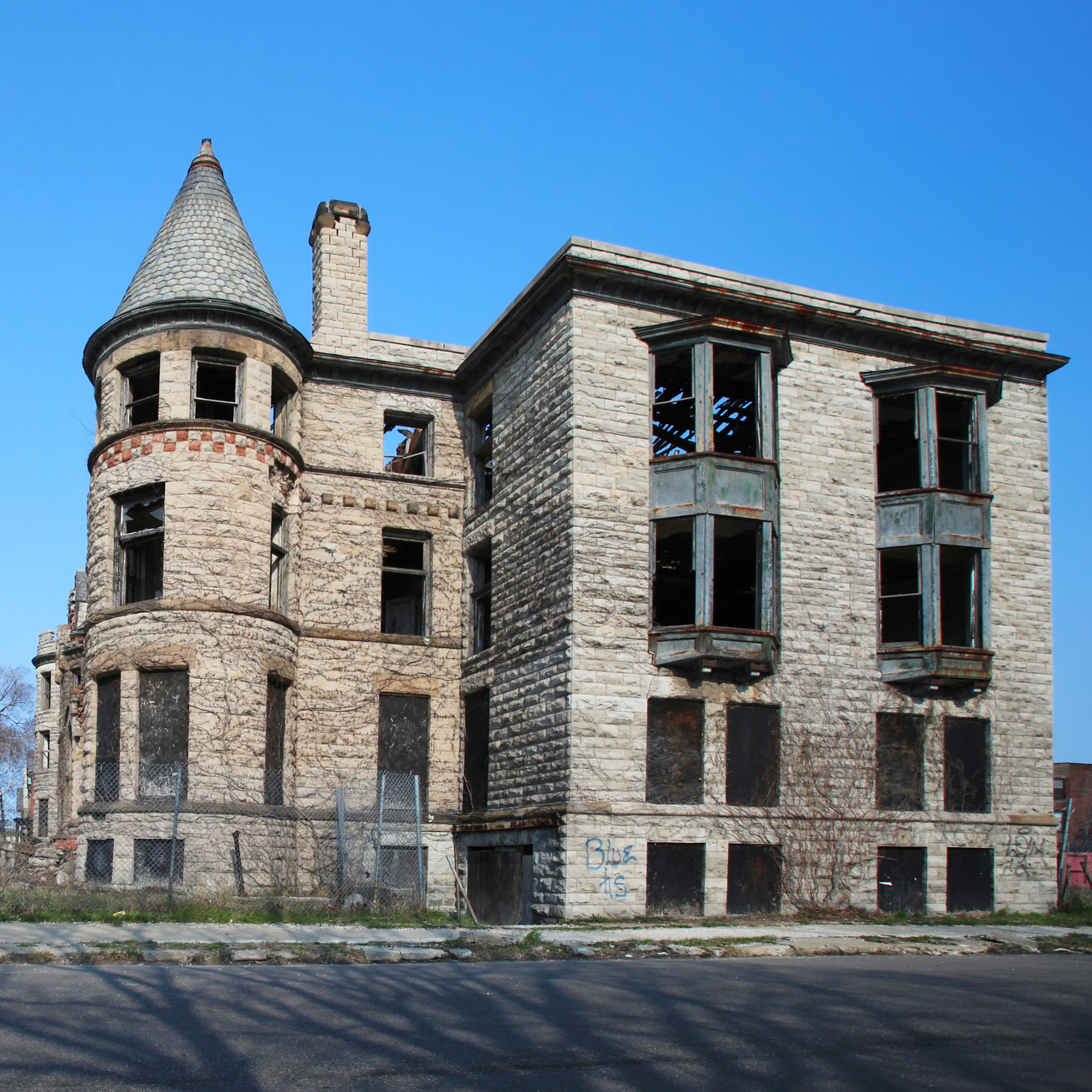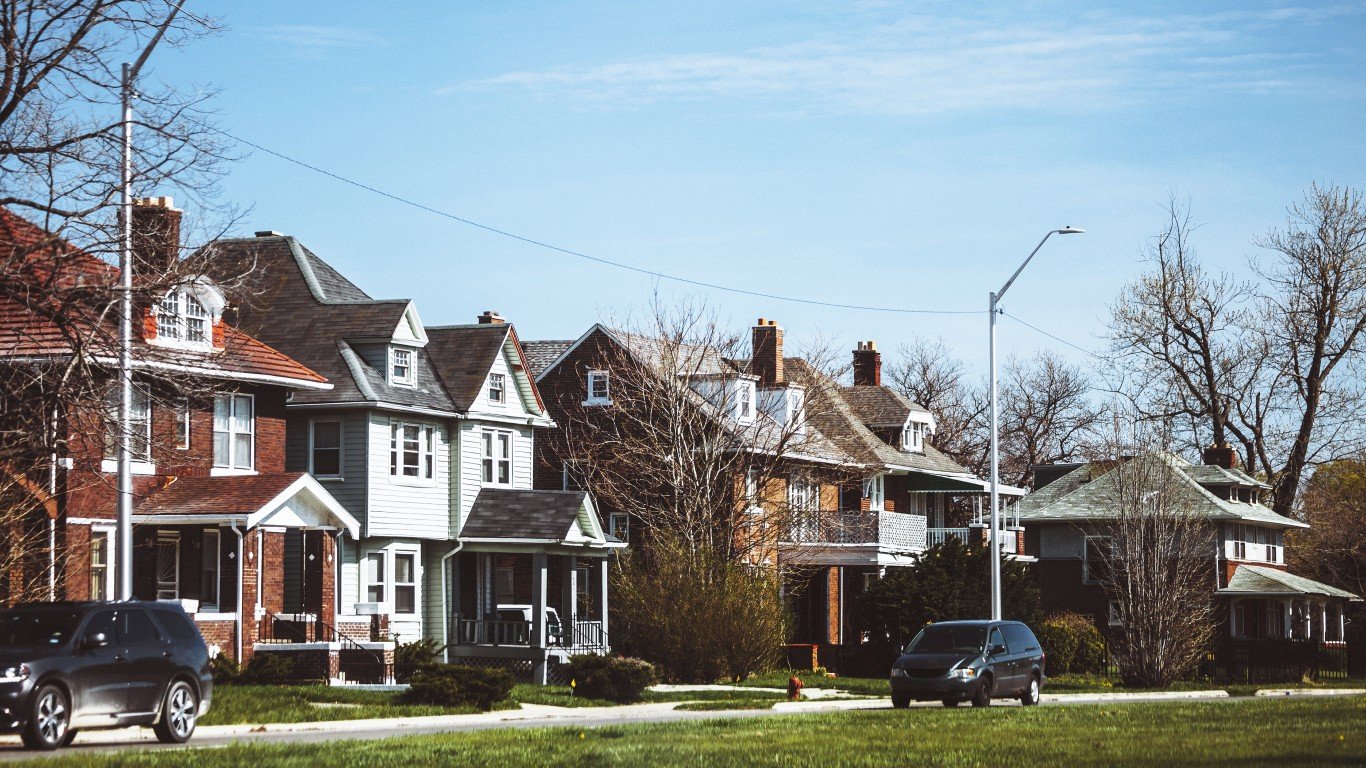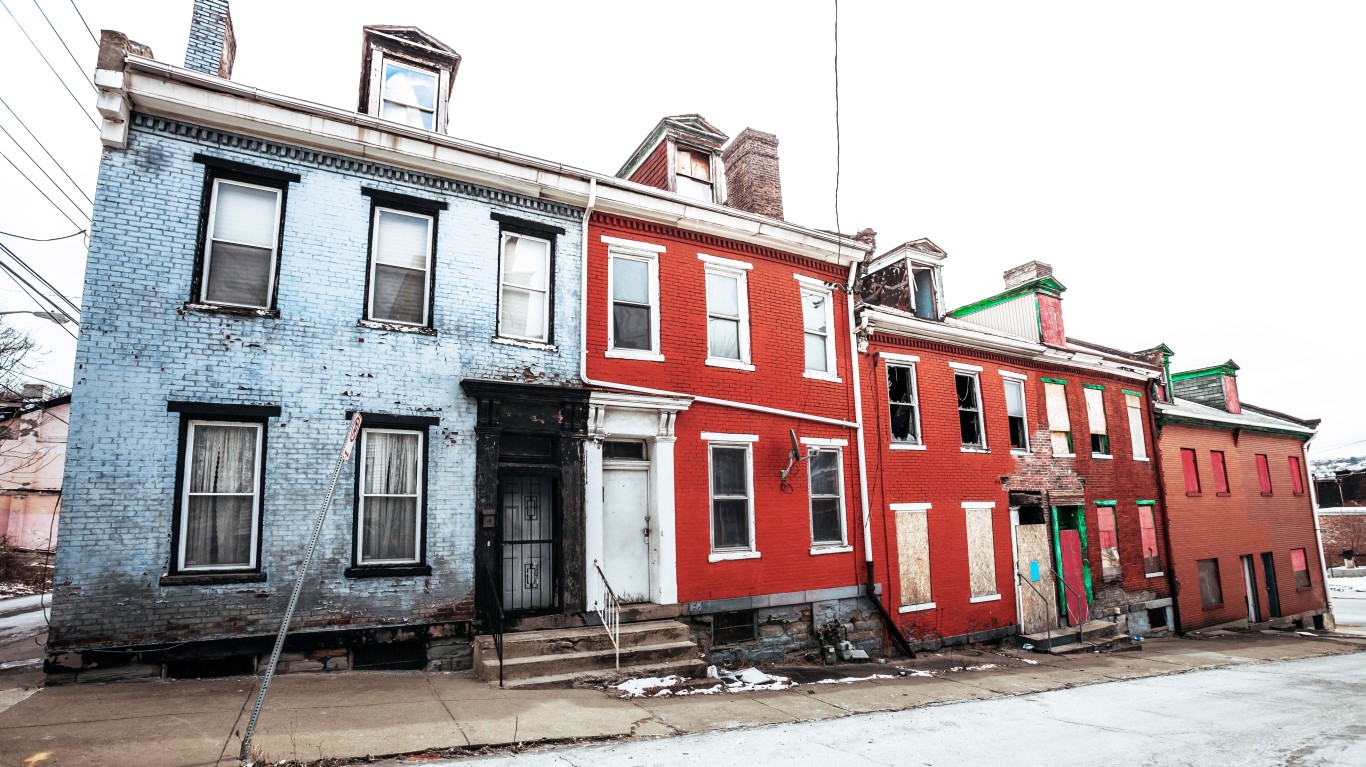The national mortgage application fraud risk index rose from 144 in the first quarter of 2018 to 149 in the second quarter, according to researchers at CoreLogic. In the second quarter of 2017, the index reading was 133. The fraud risk index has risen in the past seven consecutive quarters.
CoreLogic’s mortgage fraud risk index is calculated from the aggregation of individual loan application fraud risk scores during the prior quarter. Score compilations are calculated for the 100 most populated U.S. Census Bureau Core Based Statistical Areas (CBSAs) in the United States.
Purchase applications for new mortgages rose sequentially by 10 percentage points to 72%. Applications for new mortgages are riskier for lenders than applications for refinancing. In the second quarter, applications for refinancing reached their lowest level since CoreLogic launched the fraud risk index in 2010.
CoreLogic also noted an increase in borrowers for loans on multiple properties, indicating that investors are purchasing multiple properties concurrently and, on occasion, dividing loan applications across several lenders.
The firm also noted an increase in identity discrepancies and income reasonability red flags during the quarter.
Fraud risk rose the most in the Miami-Fort Lauderdale metropolitan area where loan applications raised warning flags on investors rapidly acquiring multiple rental properties and the potential use of owner-occupant financing to purchase rental properties.
The 15 metro areas with the highest mortgage fraud risk and the quarter-over-quarter change are:
- Miami-Fort Lauderdale-West Palm Beach, Florida: 288, up 3%
- Springfield, Massachusetts: 279, up 8%
- New York-Newark-Jersey City, NY/NJ: 261, flat
- Albuquerque, New Mexico: 246, flat
- Lakeland-Winter Haven, Florida: 229; up 20%
- Augusta, Richmond County, GA-SC: 221, up 7%
- Los Angeles-Long Beach-Anaheim, California: 220, up 6%
- Tampa-St. Petersburg-Clearwater, Florida: 212, up 2%
- Urban Honolulu, Hawaii: 210, up 1%
- Deltona-Daytona Beach-Ormond, Florida: 201, up 2%
- Orlando-Kissimmee-Sanford, Florida: 201, up 10%
- Memphis, TN-MS-AR: 200, down 10%
- Chicago-Naperville-Elgin, Illinois: 194, up5%
- Oklahoma City, Oklahoma: 194, down 24%
- Scranton-Wilkes Barre-Hazleton, Pennsylvania: 191, up 39%
Mortgage fraud can take many forms. The primary motive behind most of the borrower-initiated fraud is an attempt to qualify for a mortgage that would otherwise be unavailable. Inflating an appraisal in an attempt to get a mortgage for more than a property is worth or claiming income or assets that a borrower does not have are just two examples.
Borrowers themselves may also be the target of scams seeking to defraud them with loan modification programs or even Ponzi schemes. Promises to rescue a borrower from foreclosure can leave a beleaguered homeowner in even worse financial shape.
Visit the CoreLogic website for more information and for the methodology the firm uses to derive its mortgage fraud index.
Take This Retirement Quiz To Get Matched With A Financial Advisor (Sponsored)
Take the quiz below to get matched with a financial advisor today.
Each advisor has been vetted by SmartAsset and is held to a fiduciary standard to act in your best interests.
Here’s how it works:
1. Answer SmartAsset advisor match quiz
2. Review your pre-screened matches at your leisure. Check out the
advisors’ profiles.
3. Speak with advisors at no cost to you. Have an introductory call on the phone or introduction in person and choose whom to work with in the future
Take the retirement quiz right here.
Thank you for reading! Have some feedback for us?
Contact the 24/7 Wall St. editorial team.
 24/7 Wall St.
24/7 Wall St.


